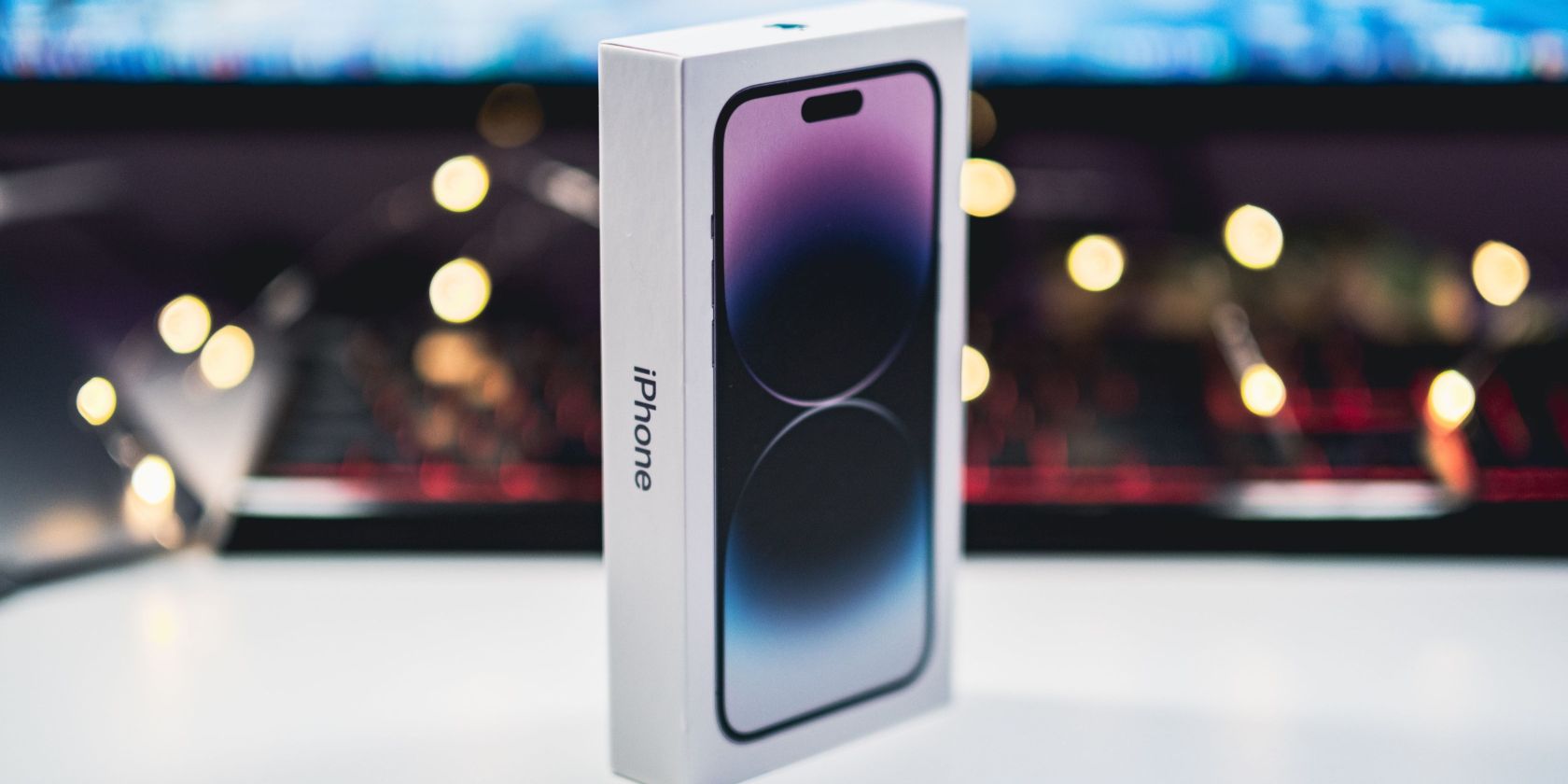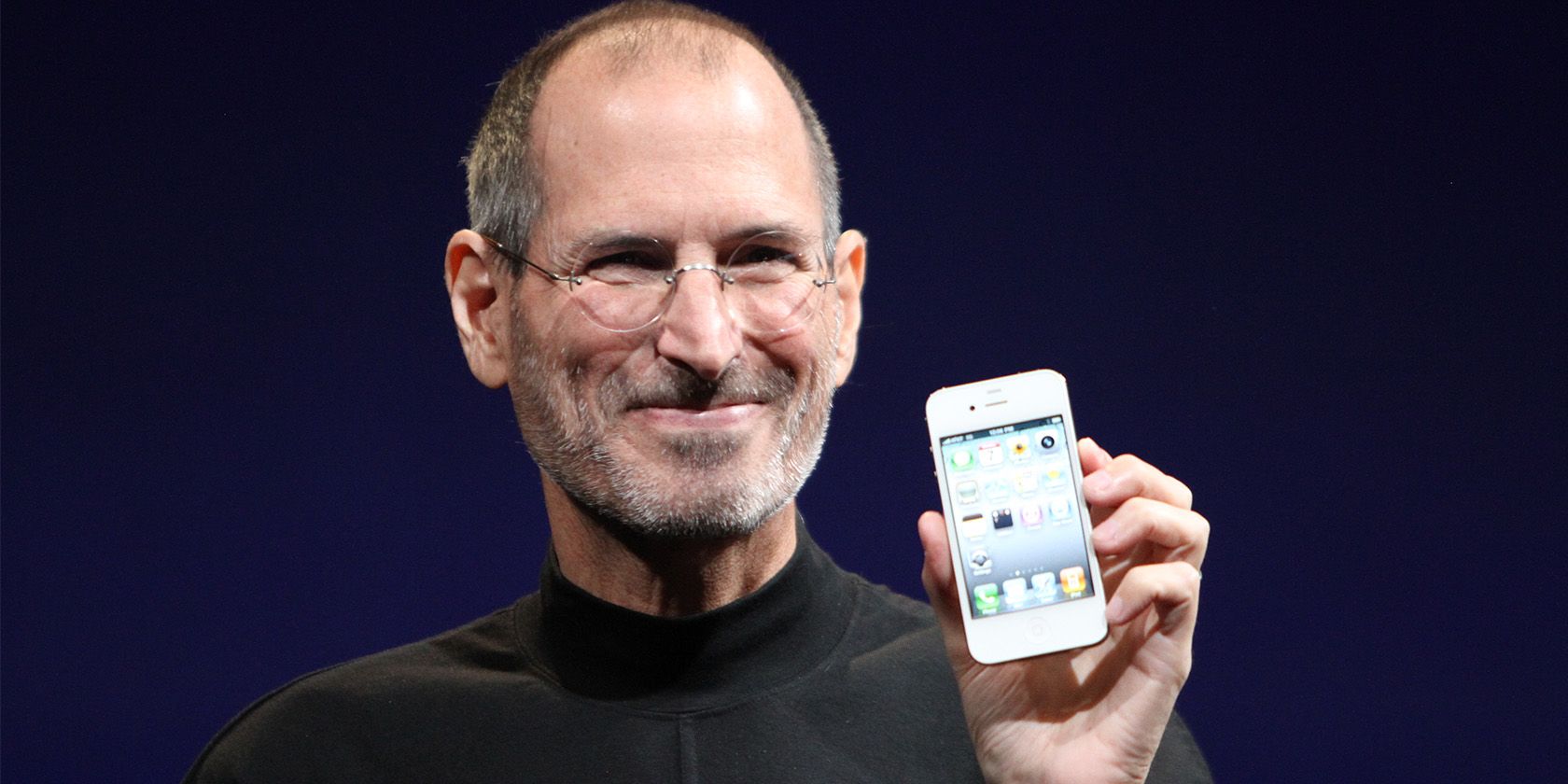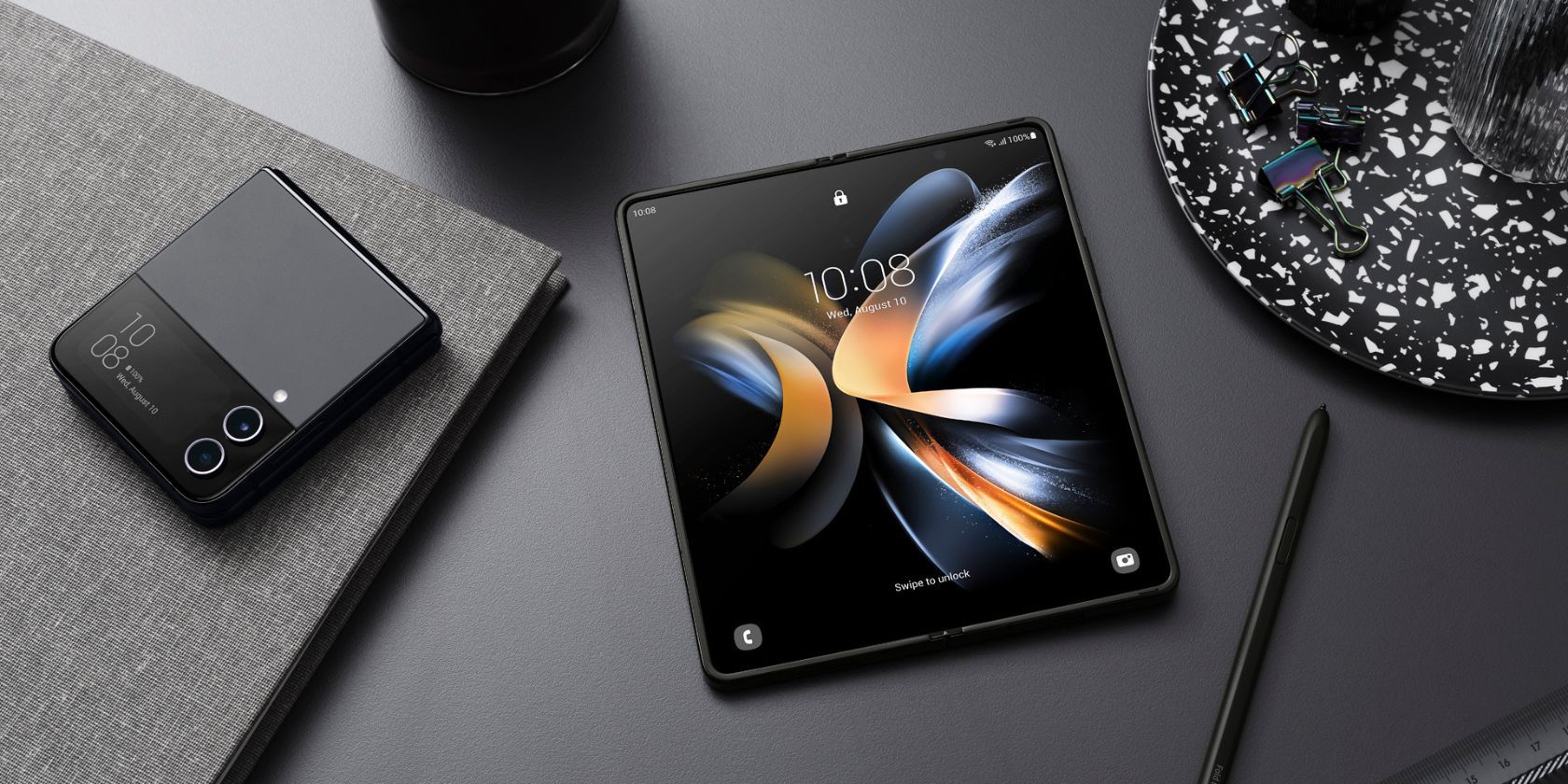The iPhone was not the first of its kind, but it definitely kickstarted the smartphone era. Ever since its launch in 2007, the lineup has remained the gold standard for modern phones. In fact, to this day, Apple takes home more than half of the smartphone industry's profits.
Clearly, the iPhone is extraordinary. But owning it? Not so much—not in the US, at least. The lineup still enjoys a lot of prestige and has perhaps the most loyal fan base there is, but owning an iPhone just isn't as cool as it used to be. Here are several reasons why:
1. The iPhone Isn't a Status Symbol Anymore
Remember how, in the 2010s, people used to line up in huge numbers outside Apple stores, sometimes even camping overnight, just to buy the latest iPhone the moment the doors opened? Yeah, that doesn't really happen anymore.
Granted, that's partly because people buy online now, but it's also because the iPhone is no longer the only premium phone on the market. Today, Android manufacturers like Samsung and Xiaomi also offer $1,000 flagships with hardware that beats the iPhone.
2. Apple Has Already Saturated the US Market
The United States is Apple's home market, so it's no surprise that more than half of all smartphones sold in the country are iPhones. In fact, that's the case all across North America.
Successfully controlling more than half the market of an entire continent is an impressive feat, but it also means that the iPhone is now so common that it has lost its aspirational quality. After all, abundance fuels mediocrity.
3. Steve Jobs Had a Fan Following, Cook Doesn't
Making a great product is one thing, and being able to sell it masterfully is another. And Steve Jobs knew this better than anyone in the industry at the time. The former Apple CEO turned iPhone into a household name and became a bit of a celebrity on his way doing so.
The current Apple CEO, Tim Cook, simply doesn't have that following, partly because live in-person Apple events that used to be more interpersonal have now been replaced with pre-recorded events that feel more like forgettable commercials.
4. You Only Get Incremental Upgrades Now
It's common to hear people complain that most smartphones look the same now, and that's more true for iPhones than Android phones knowing how rarely Apple changes the phone's design, specs, and features.
The only major visual change made to the iPhone since 2019 is the new pill-shaped cutout called Dynamic Island on the iPhone 14 Pro that replaced the notch. The cameras have gotten bigger too, but the overall design and functionality are largely the same.
5. Apple Doesn't Reveal What It's Working On
Android companies often showcase all the cool new tech they're working on behind the scenes at tech events like CES, MWC, and IFA, but Apple remains infuriatingly quiet.
The iPhone maker clearly doesn't want people to know its future plans. This secrecy makes the company and its products a bit boring to talk about because fans have nothing to look forward to and can't form theories about what's coming next.
6. Android Manufacturers Innovate Faster
One of Apple's biggest strengths is also one of its biggest weaknesses: it focuses a lot on consistency. Due to this, the iPhone is slow to get new features and hardware upgrades.
Apple aims to ensure that everything added to the device "just works" and is more reliable, but it also means that each innovation needs way more time to get tested and adopted.
Android makers innovate much faster in comparison and are usually more open to user feedback. Meanwhile, Apple is still trying to replicate Steve Jobs' "figure out what your customers are going to want before they do" approach, which doesn't always pan out.
7. Apple's Walled Garden Is Getting Annoying
It's weird that basic tasks like sending messages, sharing files, and having video calls between iPhones and Android devices are still so difficult in our modern tech-savvy world. Transferring files from an iPhone to a Windows PC remains a major pain too.
Apple goes out of its way to ensure that its "walled garden" ecosystem remains as exclusive as possible and that attempting to exit it becomes increasingly harder every year.
While Google and Microsoft are building bridges between Android and Windows, Apple notoriously keeps adding walls around iOS, further isolating it from other operating systems.
8. Rivals Are Finding Workarounds to iMessage
iMessage is a big reason why many people in the US, especially Gen Z, prefer the iPhone. Apple knows that the messier the whole blue bubbles vs. green bubbles situation gets, the more likely people are to "just get an iPhone" as a last resort. However, it seems companies are now finding clever workarounds to iMessage.
Not too long ago, Google updated its Messages app to allow users to see iMessage reactions as emojis instead of receiving separate SMS messages. And according to a Bloomberg report, Microsoft is also working to bring iMessage to Windows PC (to a limited extent) via the Phone Link app.
These workarounds will reduce some of the pain users feel when messaging between iOS and Android devices. And this will in turn reduce some of the shame attached to green bubbles and make the iPhone lose some of its exclusivity and vogue.
9. Apple Still Hasn't Released a Foldable iPhone
Perhaps the only interesting thing happening in the smartphone industry right now is the rise of foldable phones. We understand why foldable phones aren't mainstream yet, but their adoption is increasing despite their compromises.
Pretty much all Android manufacturers are working to make foldable phones the next big thing, but Apple has remained ominously silent as if the form factor is not worth pursuing.
What's worse is that leakers and analysts don't agree on when a foldable iPhone might come out; some say 2023, and others say 2025. This sucks because a foldable iPhone would instantly make the lineup cool again and push the industry forward faster in that direction.
The iPhone Has Become Boring in Recent Years
When it comes to the iPhone, Apple takes the "if it ain't broke, don't fix it" approach a bit too literally. Owning an iPhone once felt like an achievement, but now, it's the norm.
On the one hand, that's a good thing because it indicates the product's success. But on the other hand, Apple's "Think Different" slogan now feels more like a misnomer than a motto.




-(10).jpg)